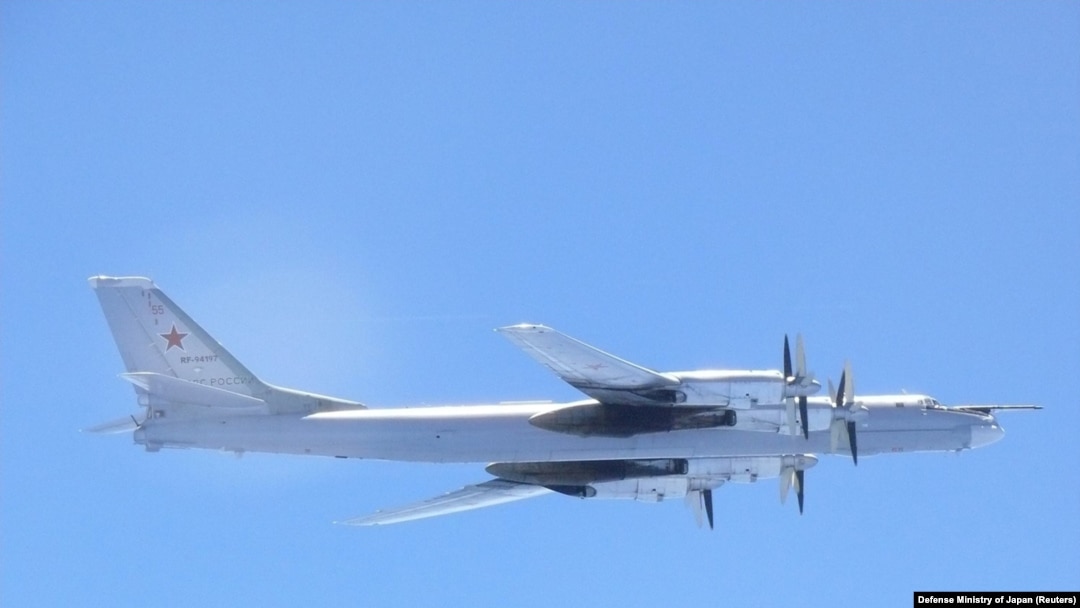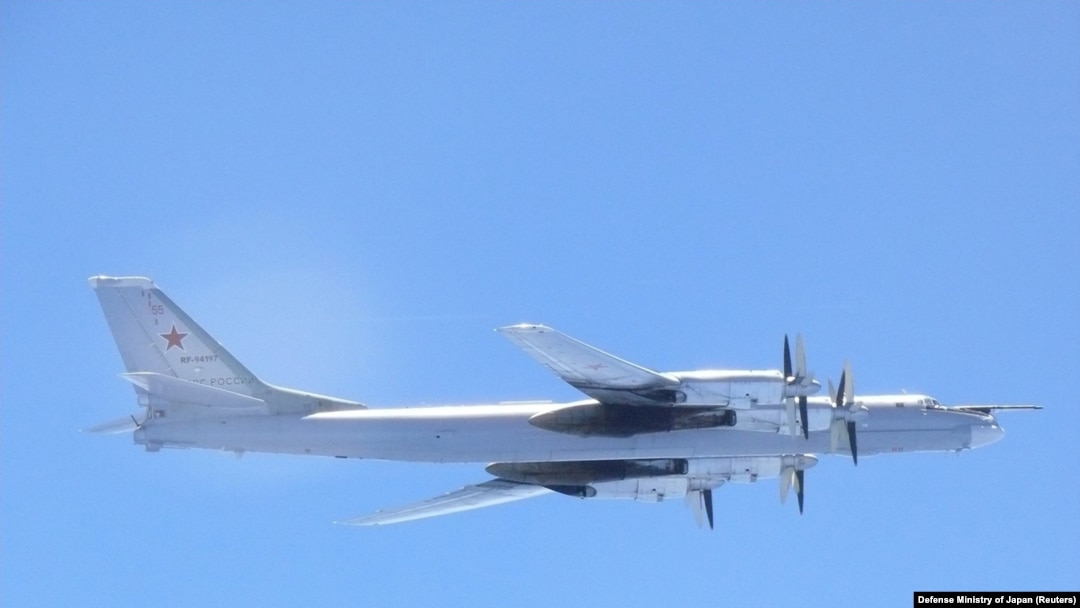
Japan Monitors China’s Airspace Commitment After Military Incursion
Date: October 4, 2023
In a significant diplomatic development, Japanese officials have announced they are closely monitoring China’s adherence to its commitment to avoid future breaches of Japan’s airspace. This announcement follows a recent incident where a Chinese military aircraft was said to have inadvertently entered Japanese airspace, raising tensions between the two neighbors.
The August Incident: A Breach of Sovereignty
On August 26, a Chinese Y-9 reconnaissance plane briefly crossed into Japanese airspace near Kyushu, Japan’s southernmost main island. The violation prompted an immediate response from Tokyo, which scrambled fighter jets and issued a formal warning.
Japan’s government responded vigorously by officially protesting the incursion and demanding an explanation from Beijing. Chief Cabinet Secretary Yoshimasa Hayashi later confirmed that China acknowledged the airspace violation, stating, “We take note of China’s explanation, and we will closely watch Chinese military activity from now on.”
China’s Justification and Japan’s Skepticism
China’s position on the incident, as explained through its Foreign Ministry, centered on claims that turbulent air conditions forced the pilot into emergency maneuvers, leading to the unintentional airspace incursion. However, Japanese officials were not completely convinced, considering such a significant deviation due to turbulence as “highly unlikely.”
Sources from Japan’s Foreign Ministry have indicated a cautious approach to the situation. While the specifics regarding China’s explanation remain undisclosed due to diplomatic protocol, the Japanese government maintains its view that the incursion is a serious infringement on national sovereignty.
Ongoing Tensions and Defense Strategies
In the aftermath of the incident, Japanese defense officials have continued to label the airspace breach as unacceptable. NHK public television reported this ongoing assessment, highlighting Japan’s broader concerns over China’s increasing military activities near its borders.
The tensions come as Tokyo is grappling with a shifting regional security landscape, characterized by heightened Chinese military presence and its growing assertiveness. As part of its strategic response, Japan is in the process of reinforcing defenses in the region, particularly in regard to remote islands that are essential to the nation’s overall defense strategy.
Beyond China: The Russian Factor
Japan’s security concerns are compounded by recent joint military activities involving not only China but also Russia. In August, a Chinese survey vessel entered Japanese territorial waters near one of its southern islands, leading to further diplomatic strains. The situation escalated the following month when China’s aircraft carrier Liaoning, accompanied by two destroyers, made a provocative passage between Japan’s Yonaguni Island and the nearby Iriomote Island, entering Japan’s “contiguous zone.”
This zone is crucial as it lies just outside of Japan’s territorial waters, where the country maintains limited control over maritime activities, posing potential challenges to national security.
Vigilance in Safeguarding Sovereignty
The recent developments have placed Japan in a challenging position as it strives to safeguard its sovereignty against increasing military operations by both Chinese and allied forces in and around its territory. The Japanese government remains committed to enhancing its defensive posture while engaging in dialogues with China regarding mutual respect for airspace and territorial integrity.
As the situation unfolds, Japan’s ability to navigate these complexities will be critical not only for its national security but for maintaining regional stability in East Asia.


















